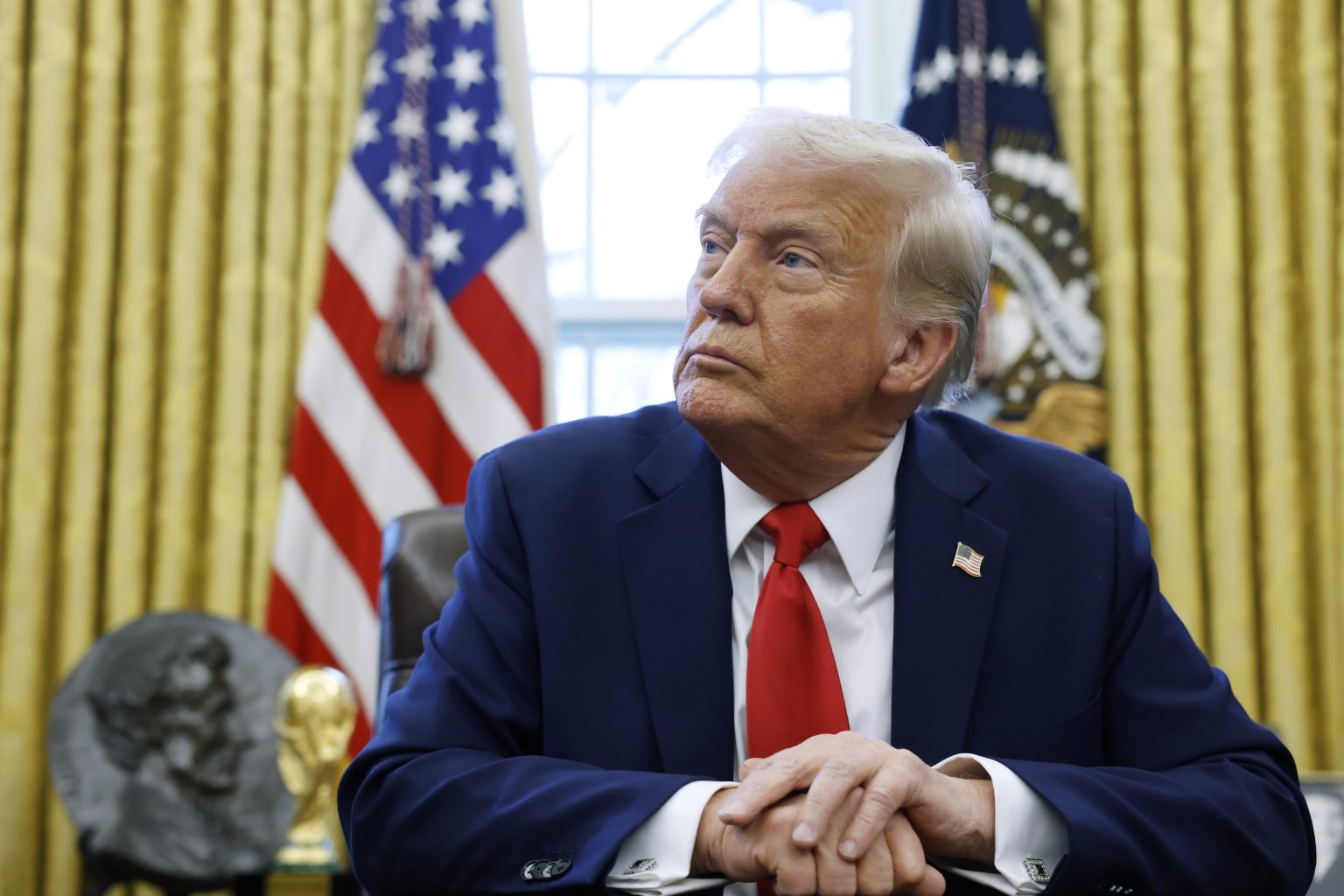Russian state television pundits have expressed enthusiastic approval of several policy decisions made by the recently inaugurated President Donald Trump, particularly his imposition of tariffs on Canada, Mexico, and China. This positive reaction stems from the perceived geopolitical benefits these actions offer Russia, aligning with Moscow’s long-standing desire for a multipolar world order and potentially disrupting established trade relationships that Russia could then exploit. While the views expressed on state television don’t necessarily mirror official Kremlin policy, they offer a glimpse into the prevailing sentiment within certain circles of Russian media and political commentary. This shift in tone from earlier expressions of uncertainty about the Trump administration suggests a growing confidence, even glee, that his actions might inadvertently serve Russian interests.
The pundits seized upon remarks made by US Secretary of State Marco Rubio about the “anomalous” nature of a unipolar world and the eventual return to a multipolar system. Interpreting these comments as a signal of America’s willingness to relinquish its global dominance, they celebrated this perceived alignment with Russia’s own foreign policy objectives. This interpretation, however, seems to overstate Rubio’s remarks, which didn’t explicitly advocate for the US to abandon its leading role. The Russian commentators’ enthusiasm appears to be driven by a hopeful projection of their own desires onto the evolving US foreign policy landscape.
The imposition of tariffs by the Trump administration sparked further excitement among the Russian commentators. They saw the potential for these tariffs to disrupt existing trade relationships, particularly between the US and China, creating opportunities for Russia to expand its own economic influence. State media outlets echoed this sentiment, with some suggesting that Russia could even profit from a burgeoning trade war. This optimistic outlook reflects a belief that the US under Trump will inadvertently create a more favorable global economic environment for Russia.
Beyond the tariffs, the pundits also welcomed comments by Trump’s envoy to Ukraine and Russia, Keith Kellogg, urging Kyiv to hold elections. This aligns with the Kremlin’s narrative questioning the legitimacy of Ukrainian President Volodymyr Zelensky, who has postponed elections due to martial law. They interpreted Kellogg’s statement as an endorsement of their position and a potential weakening of US support for Zelensky. This, coupled with the perceived shift in US foreign policy towards a multipolar world, bolstered the narrative of a declining American influence and a rising Russia.
While this celebratory mood on Russian state television offers insights into a particular perspective, it is crucial to remember that it doesn’t necessarily represent the official stance of the Kremlin. The actual impact of Trump’s policies on the Ukraine conflict and the broader geopolitical landscape remains to be seen. The pundits’ enthusiasm, however, underscores the potential for misinterpretations and opportunistic framing of US actions by those seeking to advance a particular narrative.
The jubilant reaction on Russian state television raises several important questions. Will the Trump administration’s actions genuinely benefit Russia in the long term? Is the perceived shift towards a multipolar world a deliberate strategy, or merely a consequence of other policy decisions? And how will these developments affect the ongoing conflict in Ukraine? These are crucial questions that require careful analysis and consideration beyond the celebratory narratives presented on state-controlled media. It’s essential to consider diverse perspectives and avoid drawing conclusions solely based on the pronouncements of those with a vested interest in a particular outcome. A more nuanced understanding of the evolving geopolitical landscape necessitates critical thinking and engagement with information from a variety of sources.

